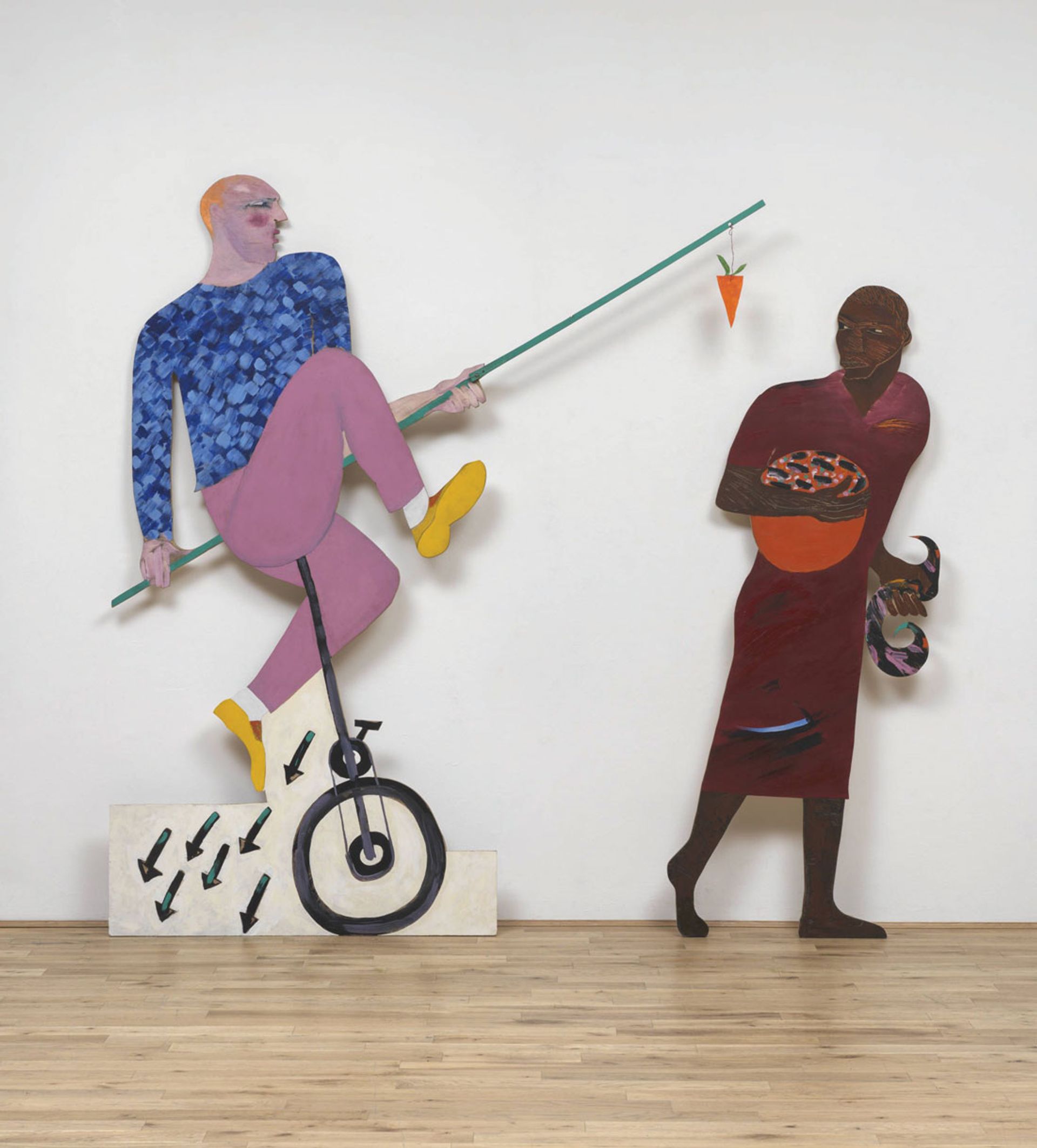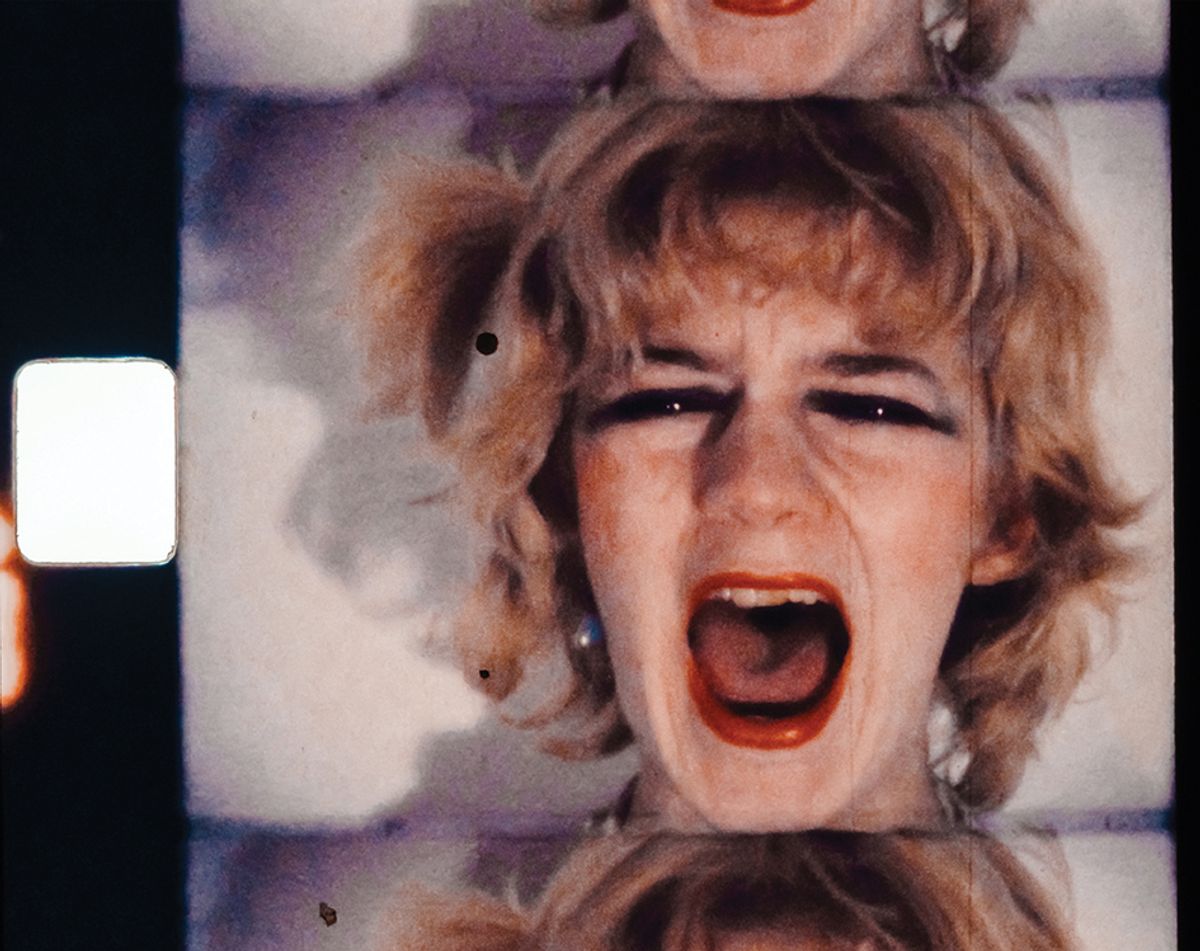Tate Britain’s forthcoming exhibition Women in Revolt! Art, Activism and the Women’s Movement in the UK 1970-90 is the culmination of five years of research and the result of a stark realisation on the curator’s part. “I didn’t know enough about what women artists were doing in the 1970s and 80s in the UK, a socio-political period I’ve always been fascinated by,” says Linsey Young. “I studied in the 2000s and the history of women’s and queer art history was absolutely not a part of the story we were taught. It’s clear to me that I should have asked questions at an earlier stage in my career rather than accepting tired art historical narratives that favour a tiny bunch of people.”
The show will unfold chronologically around the events that defined the women’s movement in Britain beginning in the 1970s, among them the Equal Pay Act, the Black Arts Movement, and Section 28, the law passed in 1988 that prohibited councils and schools from teaching the acceptability of homosexuality. Comprising a dazzling array of works by more than 100 women working individually or within groups in the UK, it will chart the evolution of multi-faceted and socially conscious creative practices against a backdrop of great change.

Lubaina Himid's The Carrot Piece (1985) © Lubaina Himid, courtesy the artist and Hollybush Gardens, London
According to Young, Women in Revolt! is less about “discovering” artists and their work—something she sees as “a patriarchal, colonial notion”—and more about “re-evaluating priorities and shifting attention”. “These artists and their work have been under our (institutional) noses the whole time and are known by a broad community, but the mainstream art world hasn’t been looking,” she says.
Alongside familiar names such as Sonia Boyce, Sutapa Biswas, Lubaina Himid and Linder are several artists who will be showing in a major institution for the first time: people like Nancy Willis, an activist who fought for the rights of disabled people, especially women, in the 1980s and 90s, and Poulomi Desai, a self-taught artist who has been involved with anti-fascist groups and the Anti-Apartheid Movement. A number of the works on display have not been shown since the 1970s, and key themes considered include domestic labour, childcare and sex.
For Young, a highlight has been working collaboratively with a majority women-led team, which includes the producer Rosie Oliver, with whom she is making a six-part podcast. “I wanted to make this show as accessible as possible and because of the generosity of artists and Rosie’s rigour we’re now able to let people all across the world access the show for free.”
• Women in Revolt! Art, Activism and the Women’s Movement in the UK 1970-90, Tate Britain, London, 8 November-7 April 2024


